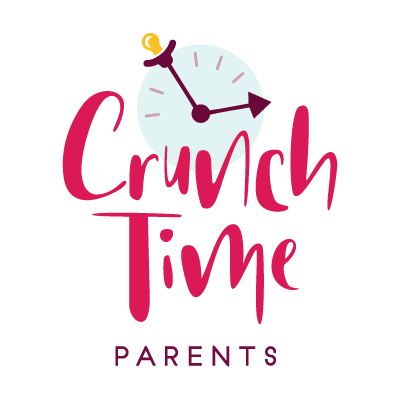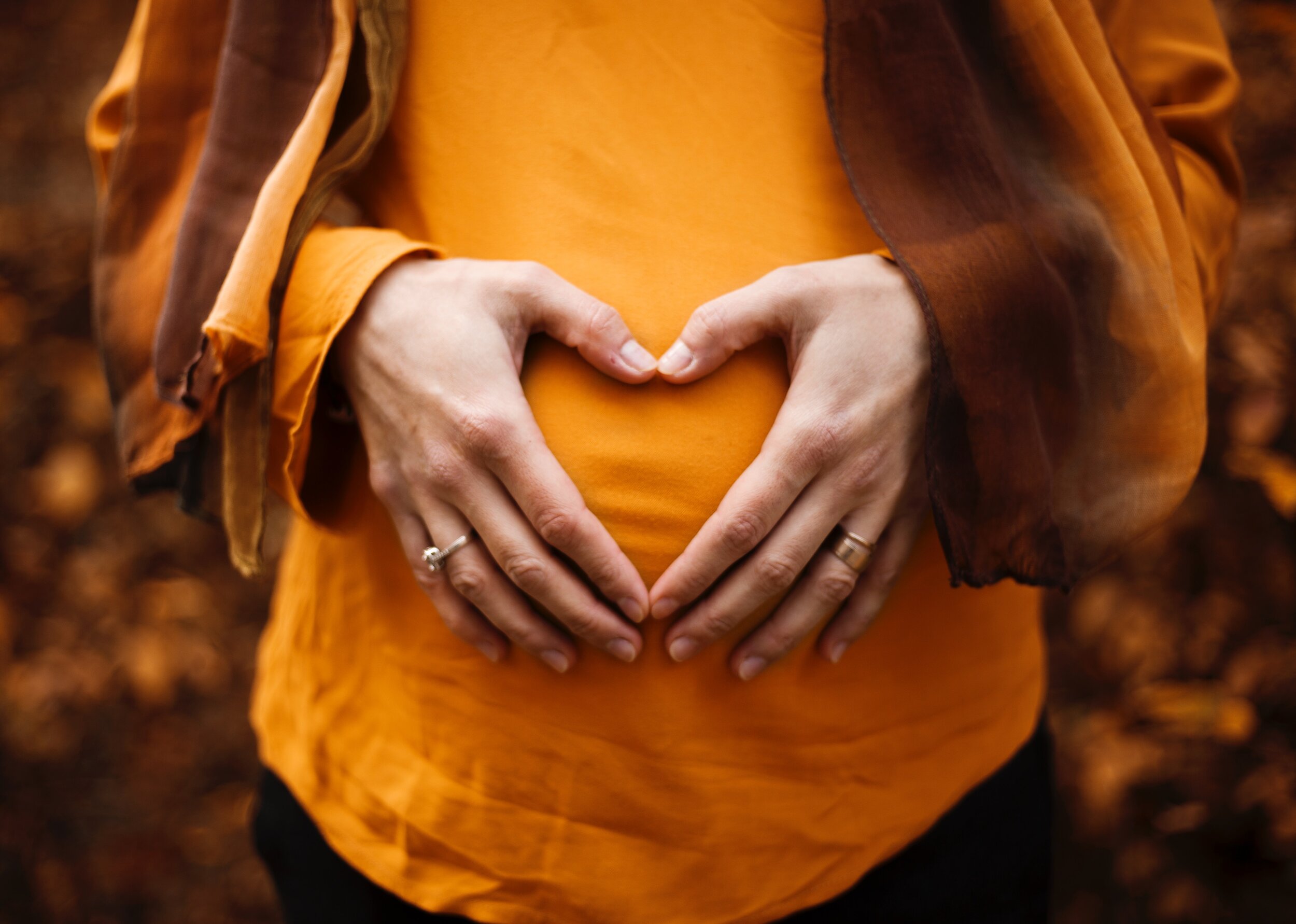"The End of Babies," But Not the End of Long, Rancorous Comment Threads
/The “End of Babies” piece that appeared in the New York Times this week, by the talented writer Anna Louie Sussman, is coming in for the special type of abuse reserved for articles that examine the pros and cons of having babies, delaying parenthood, or skipping it altogether. When, heaven forbid, the journalist enters the story and attempts to come to terms with her own reasons for not having babies, or for wanting babies, or for making whatever decisions she’s making, the abuse ratchets up a few notches.
One theme in the comments is about adoption. It’s worth noting that, contrary to what some commenters imply, Sussman does not at any point promote having one’s own kids instead of adopting. She wrestles with the “inherent narcissism of preserving own’s own genetic material when there are so many children without parents.” At the end, she admits to “craving genetic continuity, however tenuous and fictitious it might be,” and to understanding the emotional desire for it. By doing so, she brings on herself a punishing string of responses, but we won’t quote those here. Best to read the article itself, and dip into the comments if you have the time/inclination/masochistic streak.
Still, the upside of a long comments thread is that the best discussion often happens among the commenters themselves (if anyone has the patience to follow the thread for that long, which I only do in the rarest cases).
From the Sussman comment thread, now at almost 1400 and counting, here’s one worth republishing—a response from one Susan in Portland, OR, to another commenter:
“That which is a joy for one person is not a joy for another. I don't think childless people feel that their love is in any way diminished because they do not want children. …Parenting takes work and now, very commonly, both parents already have work outside the home and they are exhausted when they get home. Baby-having works more easily when generations lived together and older relatives were home to care for children. Many single people, as well as couples without children, find meaningful love, receive love, and give love that has nothing to do with parenting. Love is where you choose to find it and is worthy in all its forms.”
Amen to that.
Photo by Jeremy Bishop on Unsplash.


















